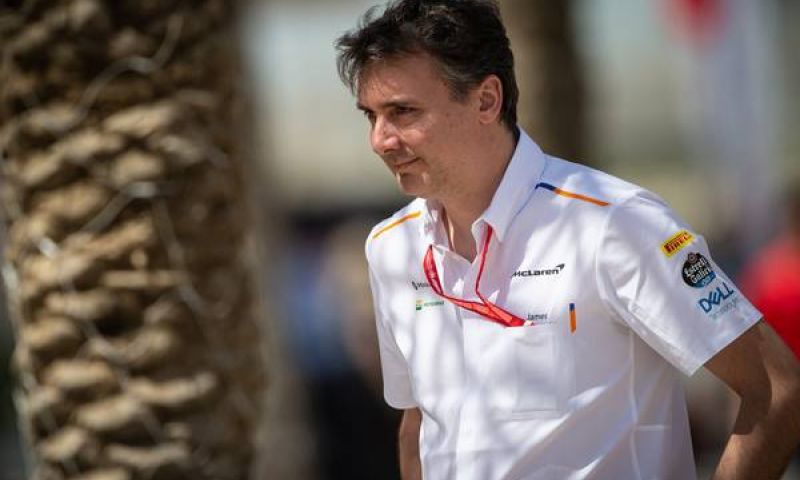McLaren's new wind tunnel key to future success
F1 News

- Bevan Youl
McLaren technical director James Key believes that the teams new wind tunnel being built at their headquarters in Woking will be key for the team’s success having partnered will Toyota for the past ten years for their tunnel in Cologne.
The British team are currently fourth in the constructor’s standings and look to be finishing in the same place come the end of the year which will mark their highest finish since 2012, but an upgrade is in order for them to extract the most out of their car when designing.
Key said that the wind tunnel was one of his and the recently appointed Andreas Seidl’s top priority to help develop the team.
“It was very important” said Key to Formula 1.
"I think when Andreas and I joined, it was one of the big projects, which was kind of on the table but needed to be rationalised and discussed, and that’s exactly what we did.
“We’ve had a great relationship with Toyota over the last 10 years the team’s been with them, still providing us with a very good service, but the fact is that tunnel is ageing now compared to the state-of-the-art ones in many Formula 1 teams and the technology that is in a modern F1 wind tunnel is outstanding – it’s one of those little secrets that gets hidden away.
“But if you ever get to see one and see what’s going on, there’s a huge amount of technology and interesting techniques and methodologies surrounding the way you now wind tunnel test in a wind tunnel.”
Modern day wind tunnels use computational fluid dynamics (CFD) and other new technology to display the aerodynamics and airflow on a car, something that Key feels a new tunnel is necessary for.
“CFD and wind tunnels complement each other very well, particularly in motor racing when you’ve got a very chaotic situation surrounding our very transient thing,” he added.
“The car’s moving around all over the place, it’s got rotating tyres and an airstream, there’s a lot of complexity there.
“So CFD does an increasingly great job of understanding how those flows are working and demonstrating to us as engineers what’s going on.
“I guess we’re looking at new generations of technology and techniques coming now that helps facilitate new wind tunnels being built.”